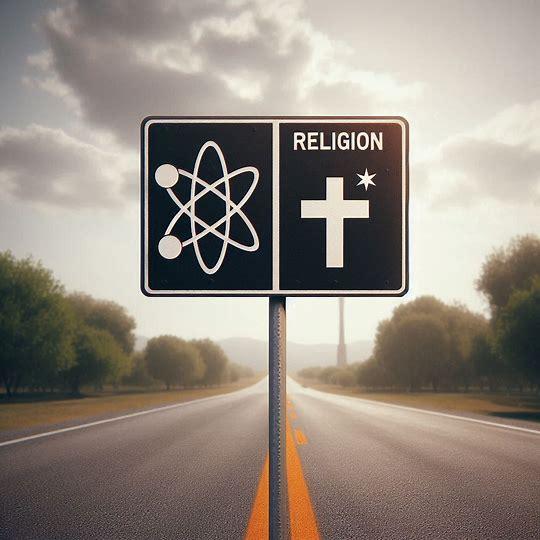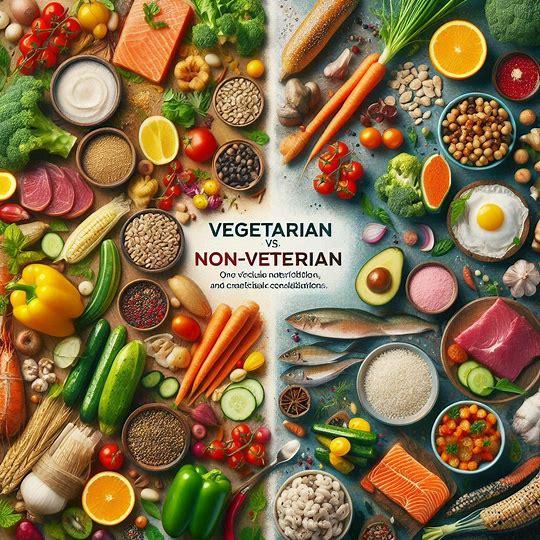RELIGIOUS OR ATHEIST
BY WISH2DAYS
We're using many books,many meeting to many people to get their knowledge and experience.
In today's rapidly changing world, the debate between religious belief and atheism remains as relevant as ever. These two perspectives on existence and the universe offer starkly different worldviews, influencing not only personal identity but also cultural, social, and political dynamics globally. This article explores the core tenets of both stances, their historical roots, and the implications of adopting either belief system.
Religion, in its myriad forms, has been a cornerstone of human civilization for millennia. It encompasses a wide array of practices, beliefs, and institutions centered around the worship of deities and the adherence to spiritual doctrines. Major world religions such as Christianity, Islam, Hinduism, Buddhism, and Judaism offer rich traditions and moral frameworks that guide the lives of billions.
Atheism, in contrast, rejects the belief in deities and the supernatural. Atheists rely on reason, empirical evidence, and scientific inquiry to understand the universe. This perspective is often associated with secular humanism, which emphasizes human welfare and ethical principles derived from human experience and rational thought rather than divine authority.





